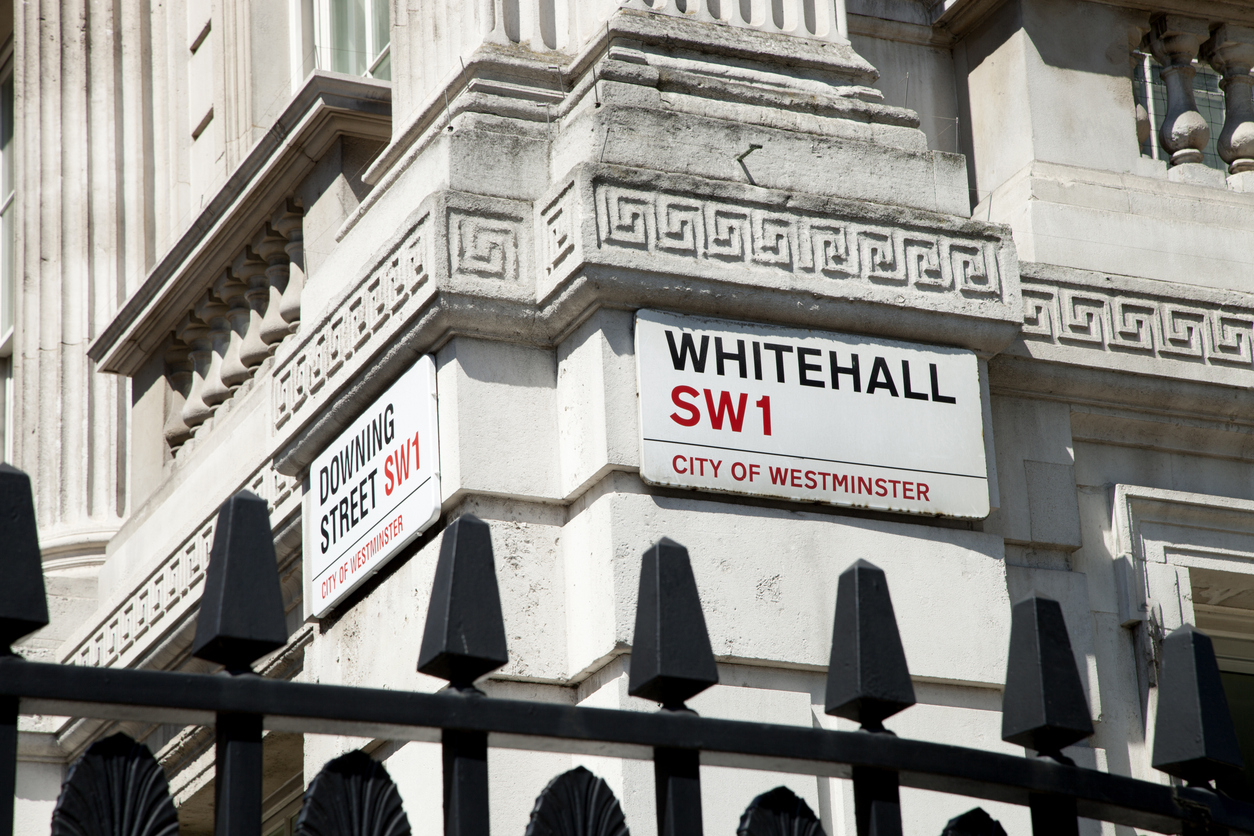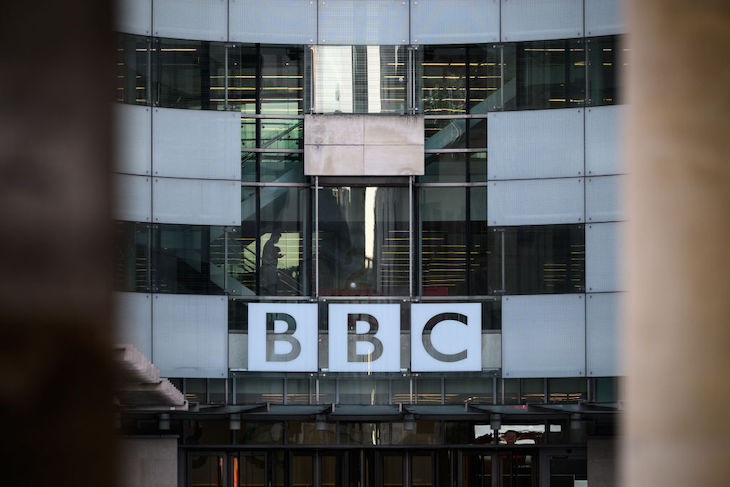Keir Starmer appeared to be making all the right noises when he unveiled his immigration crackdown this week. The white paper, released to coincide with the Prime Minister’s speech on Monday, saw the government finally concede a basic economic fact we all know to be true: ‘Despite the significant increases in long-term migration over recent years, economic growth and living standards have stagnated.’
However, on close inspection the paper is not all that it seems. Fundamentally, it simply lacks detail. It fails to set any targets, either in terms of net migration numbers or visas, and offers little clarity on what would be deemed the right amount of migration.
This is no accidental omission. These plans make clear that the solution to Britain’s immigration crises will not be resolved by ministers or directly by the Home Office, but by Keir Starmer’s favourite answer to any public issue: the quango.
Quangos are threaded through every page of this paper. The problem of data is being handed off to the Migration Advisory Committee (MAC), alongside the Office for National Statistics and the Office for Budget Responsibility. This is the very same ONS which is undergoing a controversy surrounding poor data collection practices.
The MAC will be tasked with undertaking ‘a thorough review of salary requirements to ensure that international recruitment is never a cheap alternative to fair pay’. It will also ultimately decide the criteria for which occupations will feature on the ‘Temporary Short List’ – a decision which will directly influence the numbers of people arriving.
While the final decision over immigration policies will, in theory, lie with the Home Secretary, the MAC has had significant influence over the country’s immigration policies. To be named so consistently in this paper as the primary agent in setting thresholds and measurements reveals the continued, and indeed heightened, centrality of the MAC in this new migration plan. This is the same body that advocated keeping the Graduate Visa route in its current form only a year ago, a route that was well-known for being open to abuse, and the path through which large numbers of dependents were arriving in the country.
The crowning glory of the paper is the creation of yet another quango, in the form of the Labour Market Evidence (LME) Group – a super quango combining MAC, the Industrial Strategy Advisory Council, and Skills England. They will be tasked with producing ‘a workforce strategy’ for relevant employers.
This ‘workforce strategy’ is intended to fill the missing data on the domestic labour market, to identify the key industries that are ‘central to industrial strategy’ and are significantly reliant on foreign labour. It has been the lack of a ‘workforce strategy’ which has seen the UK produce lots of unemployable graduates year after year, while relying on international care workers due to a complete lack of domestic supply.
To hand over such a pivotal aspect of our migration strategy to an unelected and unaccountable quango reveals Labour’s fundamental disinterest in solving this problem. With Reform beating the drum in polling, by-elections, and locals, Starmer is keen to sound like he has the answers, but when it comes to solving problems is it the ‘lanyard classes’ he turns to once again.
This ‘workforce strategy’, bereft of any wider goal in terms of numbers or visas, could be used to rubber-stamp massive numbers of foreign workers, if the ‘economically inactive domestic labour force’ is not sufficiently activated.
The details of this paper, where there are any, are less around substantive changes to the immigration system in Britain, and more around moving the furniture so that more decision-making is handed to unelected bodies that can’t be held to account. Next time a minister is asked in the Commons why the numbers are so high, they can simply answer ‘well that’s a matter for the LME / MAC’, etc.
Mass migration, contravening the stated interests of the public, has historically been driven by quangos that nobody has ever heard of. The Equality and Human Rights Commission, for example, a quango that enforces the Equality Act (2010) and supports legal cases in equalities matters, has often criticised legislation that attempts to reduce immigration, invoking international obligations or human rights. Quangos have been almost universally out of step with the public’s feeling on immigration. So why are they being handed such an important job, which should be in the hands of elected ministers?
The government had a chance here to fundamentally restructure the country’s immigration policies, and it missed spectacularly; not just because this paper is absent of serious policy, but because there has been no effort to touch the quangocratic architecture of our governing system that removes ministerial control and democratic accountability. In fact, it’s only been strengthened.








Comments